In July 2016, the Supreme Court of India held that the use of excessive or retaliatory force by the security forces is not permissible in the course of the discharge of their duty under the Armed Forces (Special Powers) Act (AFSPA), and that the Act does not allow blanket immunity to perpetrators of unjustified deaths. Recently, the Supreme Court directed that FIRs be lodged against security personnel engaged in encounter killings. This ruling has serious ramifications for the forces deployed in counter-insurgency operations.
The AFSPA has become one of the most controversial laws, both in India and the world. The loud and continuous clamor against the Act has drawn the attention of various international organizations. In May 2017, the UN Human Rights Council, during the Universal Periodic Review of India’s human rights record called for bringing the provisions of the AFSPA in line with the international human rights treaties. The armed forces, however, maintain that the AFSPA is a functional requirement for tackling the growing menace of insurgency and protecting their men from the unnecessary harassment caused by litigation.
On the other hand, the Delhi High Court has recently directed the Government of India to pay a compensation of Rs 55 lakh to an air force pilot who was injured while flying a poorly maintained MiG 21 aircraft. This case highlights the other side of the issue of human rights in the context of members of the armed and security forces.
This book will help to enhance the understanding of the legal position of the armed forces, which is of paramount importance today due to the blurring of the lines between national security, anti-insurgency operations, and law enforcement. It will also create an awareness of the difficulties being faced by the armed forces during domestic deployment and of the need to protect the rights of military and security personnel.
The book provides an insight into the legislative efforts of other democracies to meet the challenges of growing terrorism. It delves into cases of human rights violations in which members of the armed forces have been implicated. It concludes by identifying current deficiencies in the legal system and makes a few recommendations for the consideration of the government and armed forces.

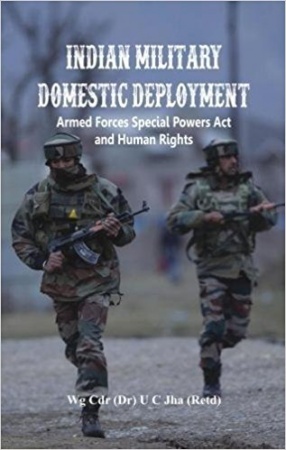
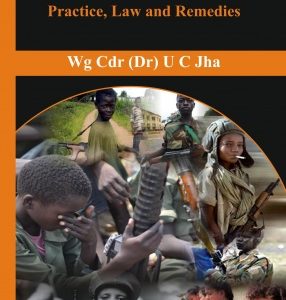
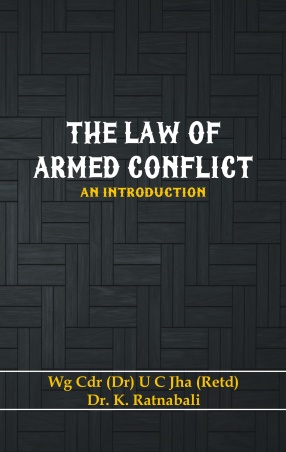
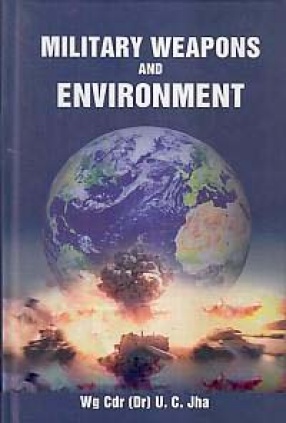
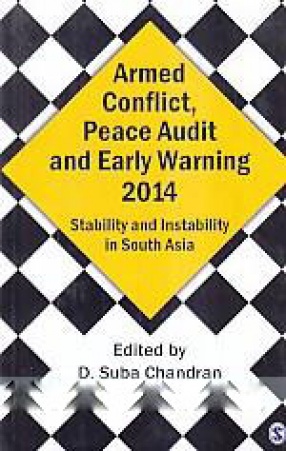


There are no reviews yet.